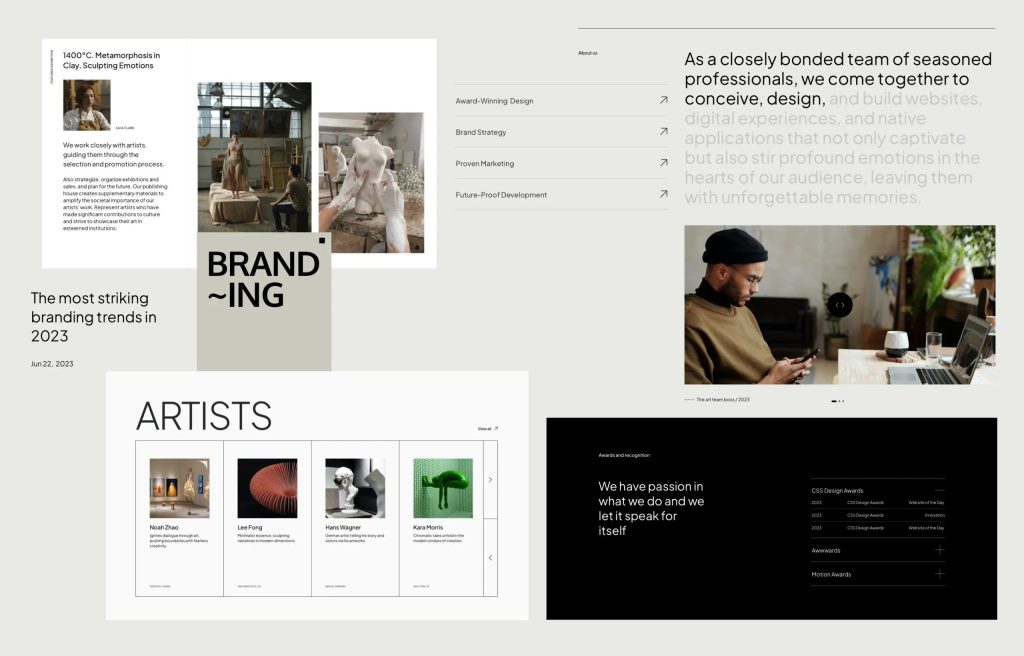As businesses navigate the complexities of the modern marketplace, many are turning to technology to enhance efficiency, reduce costs, and improve customer engagement. Among the myriad of solutions available, UiPath AI automation tools stand out as a powerful ally in this transformation. By streamlining workflows and integrating AI capabilities into everyday operations, these tools provide a significant competitive edge.
Understanding UiPath AI Automation Tools
UiPath is renowned for its user-friendly approach to robotic process automation (RPA), allowing businesses to automate repetitive tasks and focus on more strategic initiatives. The introduction of AI automation tools has further enhanced these capabilities, enabling companies to integrate artificial intelligence into their workflows seamlessly. But what does this look like in real-world scenarios?
A Day in the Life of AI Automation
Imagine a mid-sized e-commerce company facing a surge in order volume. Traditionally, customer service reps spend hours sifting through inquiries, managing returns, and addressing common questions. Enter UiPath AI automation tools. By deploying chatbots powered by Gemini for chatbot integration, the company can handle daily inquiries automatically. This not only improves response times but also allows human agents to tackle more complex issues.

For instance, consider a brand like Zara, which has utilized AI tools to enhance customer service during sales events. By automating the handling of order-related queries through AI, Zara has streamlined its operations across multiple channels, proving that AI-driven efficiency is not just a luxury but a necessity in retail.
Enhancing Brand Positioning with Automation
On a broader scale, brands leveraging UiPath AI automation tools can redefine their market positioning. Through automation, brands can create personalized experiences for their consumers. For instance, utilizing customer data analytics, companies can develop tailored marketing campaigns, ensuring that customers feel valued and understood.
The Power of Personalization
Consider the case of Nike. By harnessing AI data analytics combined with automation technologies, Nike has refined its marketing strategies. They analyze consumer behavior to understand purchase patterns, allowing them to target specific audiences with personalized product recommendations. This level of tailored engagement is facilitated not just by understanding the data but by automating the way this data is deployed in marketing campaigns.
Cross-Border E-Commerce and Global Expansion
The global marketplace is an exciting frontier where brands can connect with diverse consumer bases. However, expanding into new markets poses challenges like localization and compliance with local regulations. This is where UiPath AI automation tools can play a crucial role.
Logistics and Localization
Automation assists companies in managing supply chain logistics efficiently. For instance, a brand looking to enter the South Asian market must navigate various payment systems, cultural nuances, and consumer preferences. With UiPath’s tools, businesses can automate data collection and analysis for these regions, minimizing risks associated with misalignment with local preferences.
Furthermore, automation can help with localization—adapting marketing campaigns to resonate with local audiences. AI-driven tools can analyze local cultural trends and consumer behaviors, ensuring that the brand message aligns with the target audience’s expectations.
Real-World Applications of AI in the Creative Process
The creative industry is no stranger to adopting innovative tools. AI and automation can streamline design workflows, making project management more efficient. Tools like UiPath facilitate collaboration across teams, enabling faster turnaround times and improved productivity.
A Case Study: Automation in Graphic Design
Take the example of a mid-range design agency, Creative Co., which implemented UiPath AI automation tools to enhance their workflow. The team once struggled with repetitive administrative tasks that consumed hours of valuable time. By deploying automation to manage project timelines and client communications, the agency regained focus on creativity and client engagement instead of administrative minutiae.
Future-Proofing Your Brand with AI
As brand landscapes evolve with technological advancements, it’s evident that those who embrace AI-driven solutions will lead the charge. The combination of UiPath’s efficiency and AI-driven decision-making positions brands to respond to consumer needs promptly.
Anticipating Market Shifts
In a rapidly changing business environment, brands must be proactive rather than reactive. The ability to analyze huge datasets instantly allows brands to spot trends ahead of competitors. For example, during the pandemic, many brands turned to automation to quickly adapt to the shifting purchase behaviors of consumers. Brands that recognized and acted upon these trends saw substantial gains, illustrating the importance of being plugged into consumer sentiment.
Addressing Consumer Behavior and Engagement
Today’s consumers crave personalized experiences and quick resolutions to their inquiries. In fact, studies show that 70% of consumers prefer engaging with automated solutions for initial interactions. This shift indicates that brands must integrate AI-driven solutions to meet their customer’s expectations swiftly.
AI’s Role in Customer Segmentation
Using AI tools available through UiPath, brands can segment their customer bases more effectively. This enables tailored marketing strategies which cater to diverse preferences, ensuring that each consumer feels their unique needs are being addressed. For instance, a beauty brand can utilize AI to analyze purchasing behaviors across demographics and craft marketing messages that resonate with each group.
“In a world where the customer is king, understanding and meeting their needs through personalization is no longer an option; it’s a necessity.”
Final Thoughts
With the rapid advancements in AI technologies, it’s crucial for brands to stay ahead of the curve. Implementing UiPath AI automation tools provides not just a technological upgrade but a path to future-proofing organizations against the unpredictability of today’s markets. By embracing automation, brands can enhance internal efficiencies, elevate customer experiences, and solidify their market positioning.
As we look toward the future of global commerce, the intersection of creativity, technology, and consumer-centric strategies will define the path forward. Brands that recognize this dynamic and adapt their practices will undoubtedly emerge as leaders in their industries.